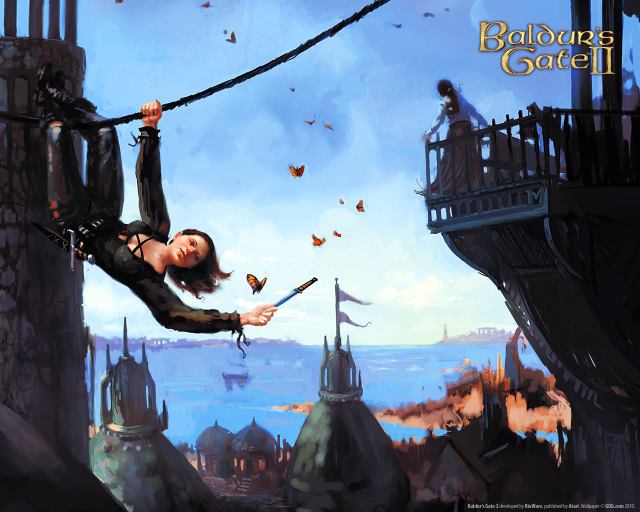I started reading Yoon Ha Lee’s Ninefox Gambit because Ann Leckie said she liked it. So far, I like it too.
This Korean sci-fi novel most resembles for me a non-moronic version of Warhammer 40,000. You see, in the novel’s far-flung future, the repressive Hexarchate controls its vast territory with weaponized astrology. Through total obedience to the social order, devotion to a strict calendar of feast days, and ritual torture of enemies, the state can manipulate the very laws of physics. (And yes, this sounds like North Korea in a space opera setting, though the calendrical sacrifices as a means of controlling the cosmos also reminds me of the Mayans).
But like all empires, this one is obsessed with maintaining its power. Observing alternate calendars directly weakens the state’s power, and thus a vast military machine is tasked with destroying heretics. One cog in this assemblage is Kel Cheris: a captain, a footsoldier, and a literal brainwashed fanatic.
Having evinced an aptitude for heretical mathematics, she is charged with capturing the Fortress of Captured Needles lest the Hexarchate itself fall. Her primary weapon is an undead military genius and traitor who she probably shouldn’t trust.
In the backmatter copy Stephen Baxter describes the book as Starship Troopers meets Apocalypse Now, which so far in my reading seems accurate. He doesn’t mention that the book is also compulsively readable. There are some wonderfully inventive ideas all over the story, and even the names of the weapons are deliciously odd: the catastrophe gun, the neglect cannon, the abrogation sieve, the calendrical sword.
I hope I won’t stay up too late tonight reading this book, but it’s a very real possibility. If you want to try out a brand new talent from an underrepresented corner of the sci-fi world, I suggest picking this up.


